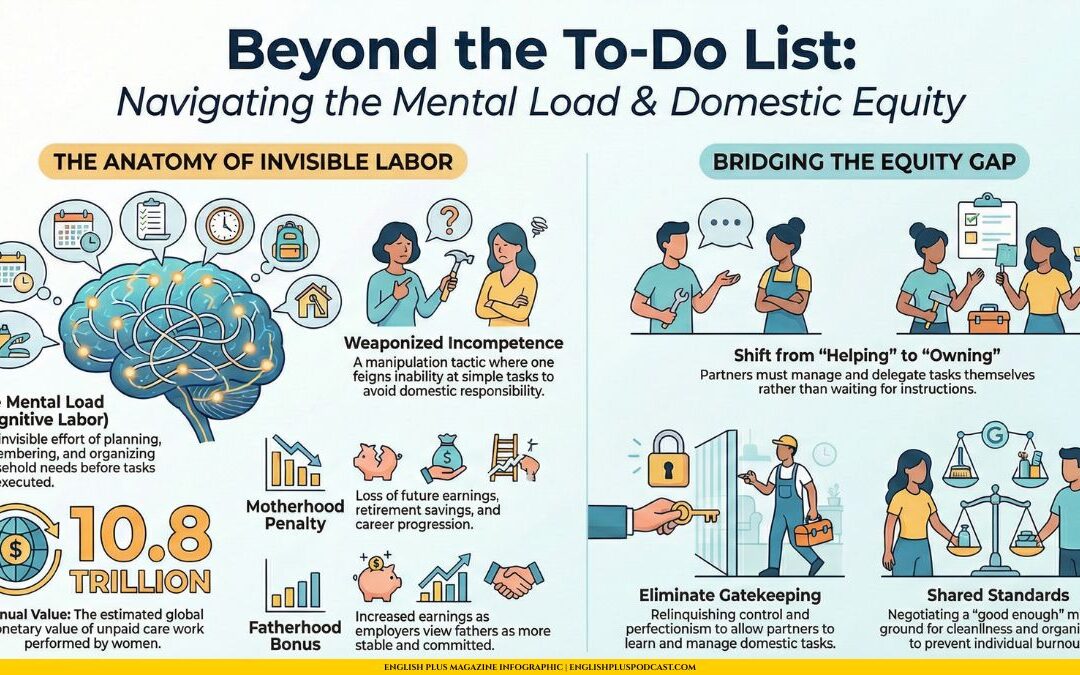The Question of the Messy Journey
Have you ever looked back at a complete and utter disaster of a situation—a project that went off the rails, a vacation plagued by canceled flights and bad weather, a family drama that felt like a screenplay for a soap opera—and, once the dust settled, let out a massive sigh and said, “Well, it all worked out in the end”? It’s a moment of profound relief, a recognition that despite the chaotic, nail-biting, soul-crushing journey, the destination was reached safely. This feeling, this whole complicated, messy, beautiful idea, is perfectly captured in one of our most enduring expressions: All’s well that ends well. But is this phrase just a verbal shrug to dismiss past hardships, or does it hold a deeper, more powerful secret to navigating life itself?
A Nod from the Bard
Let’s get the history out of the way first, because it’s got pedigree. While the sentiment is probably as old as humanity, the phrase as we know it was catapulted into the limelight by none other than William Shakespeare. He literally wrote the playbook on it with his comedy, All’s Well That Ends Well. The plot is a whirlwind of unrequited love, bed tricks, fake deaths, and mistaken identities. It’s a hot mess. Seriously. The journey for the characters is bumpy, unethical at times, and just plain stressful. Yet, in the end, everything gets resolved, couples are united, and order is restored. Shakespeare wasn’t just telling a story; he was making a bold statement about outcomes. He was telling us that the final state of affairs has the power to retroactively color the journey, transforming chaos into a mere prelude to peace.
The Great, Big Sigh of Relief
In our everyday lives, this is the most common way we use the phrase. It’s the sigh of relief after your kid, who was lost in the mall for ten terrifying minutes, is found safe and sound, clutching a half-eaten pretzel. It’s the nervous laughter after you barely pass an exam you were sure you’d failed. It’s the toast you make after a brutal, year-long project finally launches successfully. In these moments, “all’s well that ends well” is a release valve for accumulated stress. It’s our way of saying, “That was awful. I never want to do it again. But thank goodness we made it.” It’s an acknowledgment that the path was treacherous, but the arrival at a safe harbor makes the stormy seas a story worth telling rather than a trauma to be buried.
But… Is It Always True?
Now, let’s get real for a second. Is it always true? Does a good outcome truly vindicate a nightmarish process? This is where the phrase shows its complexity, and frankly, its potential danger. If you achieved a major career goal but destroyed your health and alienated your family to get there, did it really “end well”? If a company posts record profits after a year of unethical practices and burning out its employees, is that a victory to be celebrated? The phrase can, if we’re not careful, become a tool for justification. It can be used to sweep suffering under the rug, to say that the ends justify the means. And that’s a slippery, cynical slope. A truly “well” ending isn’t just about the result; it has to account for the humanity of the journey.
A Mindset for the Messy Middle
This is where I think the true power of this phrase lies—not as a look back, but as a look forward. It’s not just a retrospective summary; it’s a prospective mantra. When you are deep in the trenches of a difficult situation, when nothing is going right, and you feel like giving up, the idea that “all’s well that ends well” can be a profound act of faith. It’s not about ignoring the problems. It’s about holding onto hope. It’s about believing in your own resilience and your ability to navigate the chaos toward a positive resolution. It’s a voice in your head that says, “This is hard, this is messy, this is painful… but it’s not the end of the story.” It transforms the phrase from a passive observation into an active, powerful tool for endurance.
The Author of Your Own Story
Ultimately, this phrase is about the power of narrative. We are all storytellers, and the most important story we tell is the one about our own lives. When we face adversity, we get to choose how we frame it. We can frame it as a tragedy, a series of unfortunate events that prove the universe is against us. Or, we can frame it as an epic adventure. A story with trials, dragons, and dark forests, but one where we, the hero, are heading toward a triumphant final chapter. Adopting an “all’s well that ends well” philosophy is choosing to write yourself as the hero. It gives you agency. The messy parts, the failures, the heartaches—they aren’t defects in your story; they are plot twists that make the ending even more satisfying.
Redefining What It Means to “End Well”
Perhaps the most beautiful evolution of this phrase is to expand our definition of what “ending well” truly means. It doesn’t always mean you got the job, won the award, or married your soulmate. Sometimes, a situation “ends well” because you learned an invaluable lesson. It “ends well” because you discovered a strength you never knew you had. It “ends well” because you walked away from something that wasn’t right for you, even if it hurt. A “well” ending is one that leaves you wiser, stronger, more compassionate, and more aligned with who you are meant to be. The outcome isn’t just an event; it’s your own growth.
So, I leave you with this to think about: reflect on a recent challenge you faced, big or small. How does the idea that all’s well that ends well change the way you see that story, not just the ending, but the whole messy, complicated, and ultimately beautiful journey?
Share your stories in the comments below. I’d love to hear them.









0 Comments